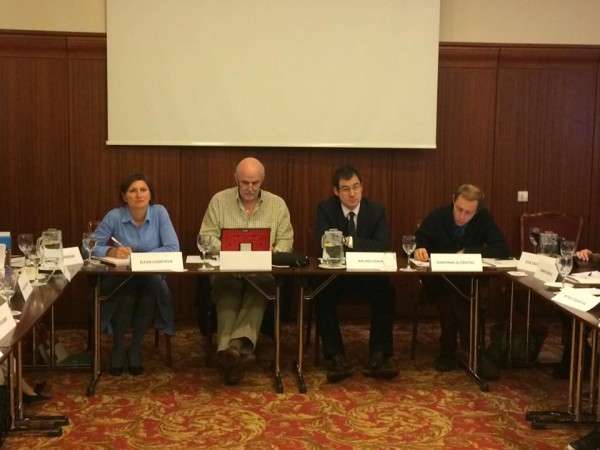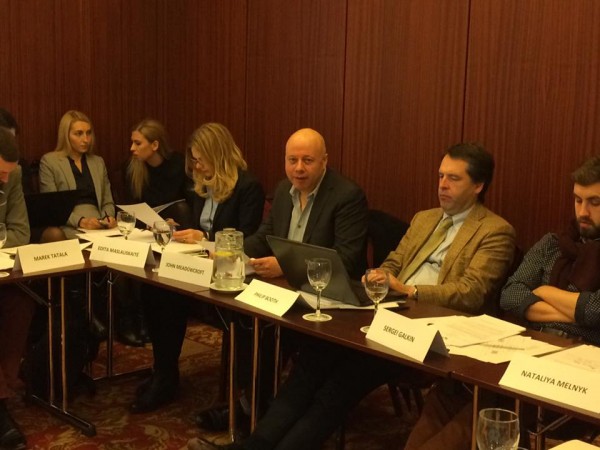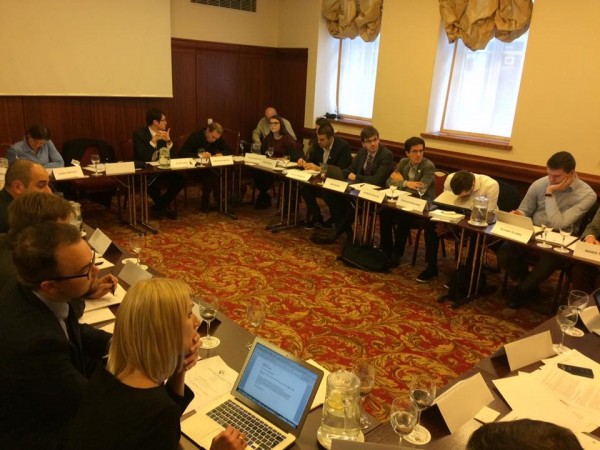Vilnius, November 17th, 2016 — the Lithuanian Free Market Institute holds a Colloquium on Interdisciplinary Arguments on Scarcity, Morality and Public Policy to advance interdisciplinary perspectives on liberty, morality and free markets based on research across a range of disciplines, including philosophy, theology, psychology, sociology, and economics.
The colloquium started with a presentation of the results of recent interdisciplinary research on the phenomenon of scarcity by Elena Leontjeva, embracing philosophy, theology, anthropology, psychology, sociology, economics, and economic history. An interdisciplinary inquiry into scarcity offered a unique framework for an interdisciplinary perspective on the links between scarcity as one of the three causes of being and a catalyst of change with liberty and morality.
Based on an innovative interdisciplinary approach to the study of the core economic concept of scarcity, the discussion focused on fundamental economic institutes of property, exchange, profit, money and competition, on the assumptions behind government policies in these areas and their implications for man and his understanding of the reality, self-esteem, dignity, motivations, responsibility and personal development.
Interdisciplinary arguments on monetary policy, nanny state, entitlement policy and labour market policy in favor of solutions that are in line with inherent properties of human nature (temporariness, limitedness, fallibility, sociality, etc.) and the order of being and immanent characteristics of the world (scarcity of time and resources, uncertainty and unforeseeability) were discussed.


